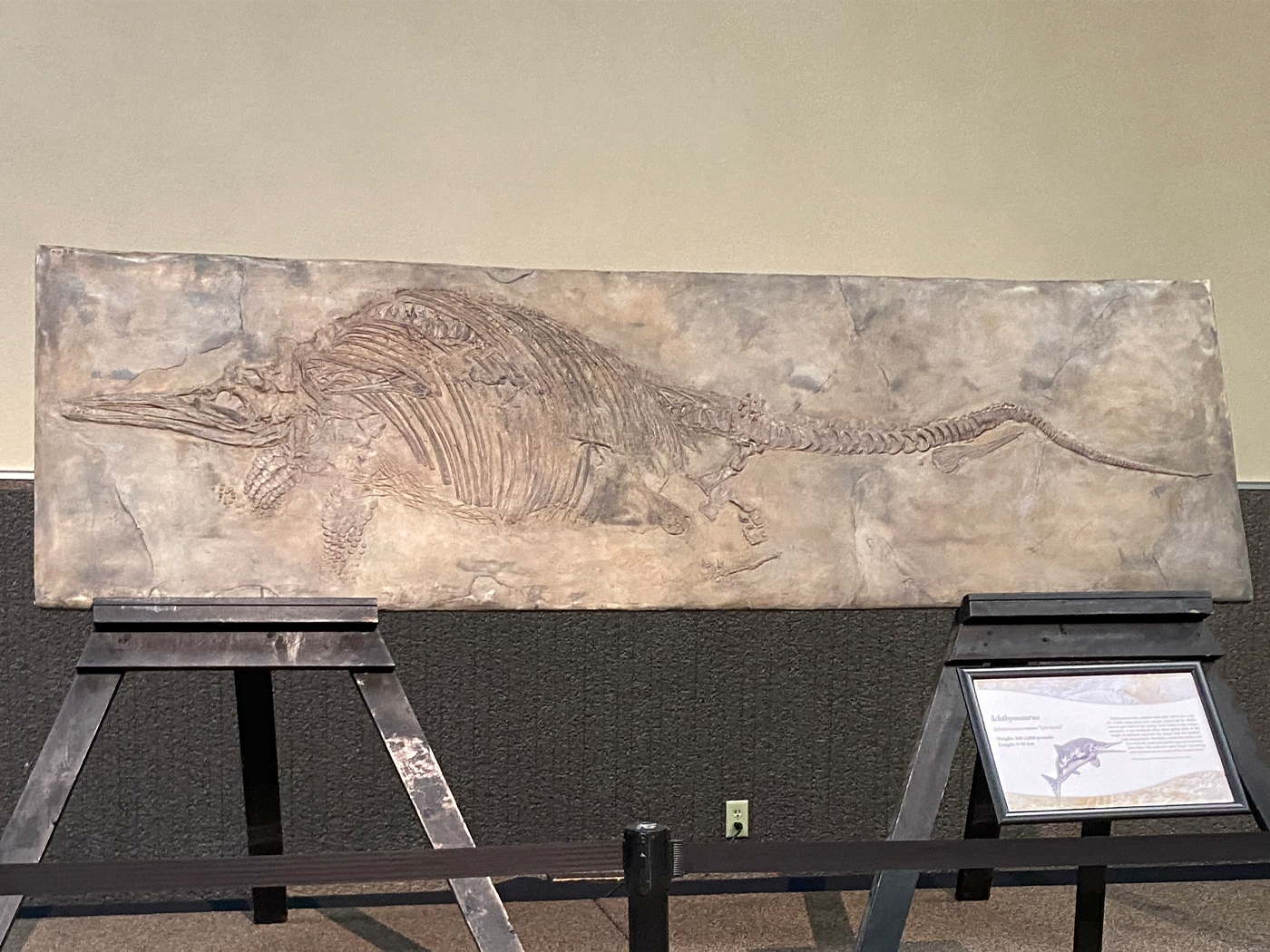“All flesh is not the same flesh: but there is one kind of flesh of men, another flesh of beasts, another of fishes, and another of birds.” (1 Corinthians 15:39)
The doctrine of special creation means that creation took place by supernatural processes and that each created entity was specifically planned and formed by God. This doctrine is clearly taught in the Genesis record, where the phrase “after his kind” is used no less than ten times in the very first chapter.
One such remarkable reference is found here in 1 Corinthians 15:37-44. The distinctiveness of several major realms of creation is set forth as follows:
Botanical: “God giveth . . . to every seed his own body” (v. 38).
Zoological: “All flesh is not the same flesh” (our text).
Physical: “There are also celestial bodies, and bodies terrestrial: but the glory of the celestial is one, and the glory of the terrestrial is another” (v. 40). Thus, although all celestial bodies may be made of the same basic chemical elements, planet Earth is unique in its complexity and purpose.
Astral: “There is one glory of the sun, and another glory of the moon, and another glory of the stars: for one star differeth from another star in glory” (v. 41). Even among the celestial bodies, each star is unique.
Spiritual: “There is a natural body, and there is a spiritual body” (v. 44). The Scriptures indicate that although they are genuinely physical bodies, they will one day be supernatural bodies, not controlled by the present force systems of nature.
God has a noble purpose for each created system, and He has specially designed each for that purpose. Although He has made ample provision for “horizontal” changes within the system, never can one evolve “vertically” into a more complex system. HMM
 Days of Praise Podcast is a podcast based on the Institute for Creation Research quarterly print devotional, Days of Praise. Start your day with devotional readings written by Dr. Henry Morris, Dr. Henry Morris III, and Dr. John Morris to strengthen and encourage you in your Christian faith.
Days of Praise Podcast is a podcast based on the Institute for Creation Research quarterly print devotional, Days of Praise. Start your day with devotional readings written by Dr. Henry Morris, Dr. Henry Morris III, and Dr. John Morris to strengthen and encourage you in your Christian faith.
























